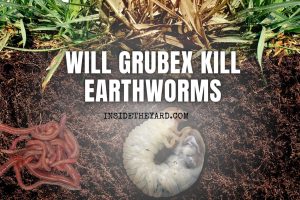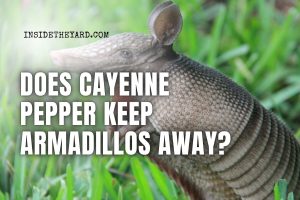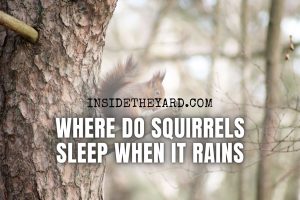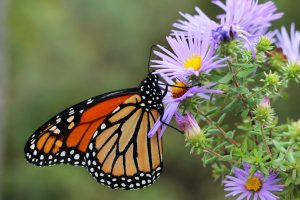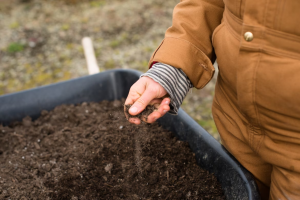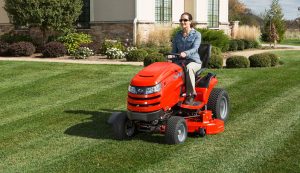How Useful Insects Contribute to Organic Farming
Are you looking for a greener way to deal with garden pests because you’ve had enough? Think twice about reaching for the insecticide before giving up on the natural cycles of insects. Use helpful insects as allies in your garden fight.
When it comes to preserving your garden, Mother Nature’s finest defenders are the beneficial insects. They just go after the bad bugs that are creating havoc on your plants, as opposed to the insecticides that kill everything in their path.
Sustainable and environmentally beneficial, organic farming is gaining popularity. These tiny fighters are becoming increasingly important in this world. Let’s dive in and find out more about the important role that these interesting creatures play in the prosperity of organic farms.
Table of Contents
Prolific Pollinators
Pollinating insects like bees and butterflies play a crucial role in sustainable farming practices. Their effort has been truly remarkable. They constantly go about pollinating flowers as they buzz from one to the next.
Our food supply would be severely hampered, if not destroyed, without their contributions.
Maintaining robust ecosystems and agricultural viability depends on a wide variety of pollinators.
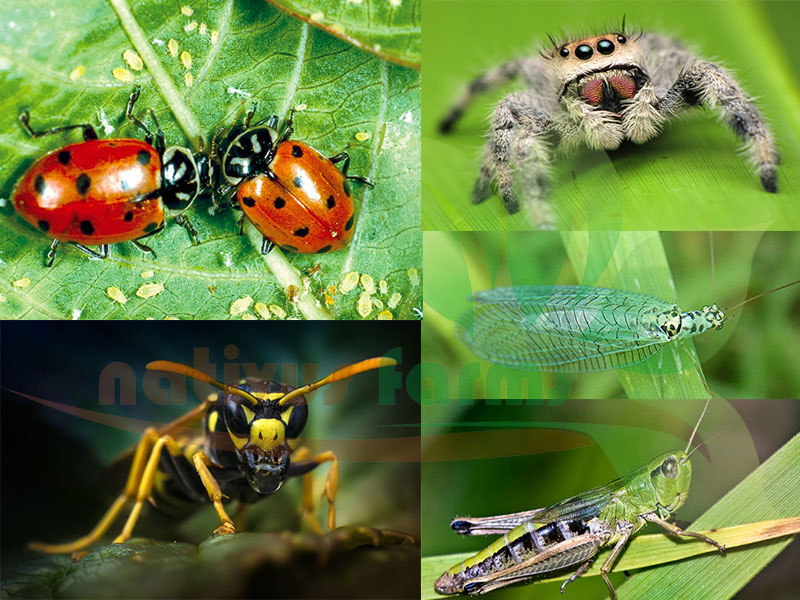
Hedgerows and wildflowers are common plants used by organic farmers to attract and sustain these beneficial animals. Food can be found in these nectar-rich environments. They provide shelter for useful insects, allowing them to rest, reproduce, and do their work.
As a result, organic farms can count on having a reliable source of pollinators during the whole growing season.
In the course of their daily lives, these insects help maintain the ecological equilibrium that supports our food supply. It demonstrates the incredible potential of working together with nature.
Organic Methods of Pest Control
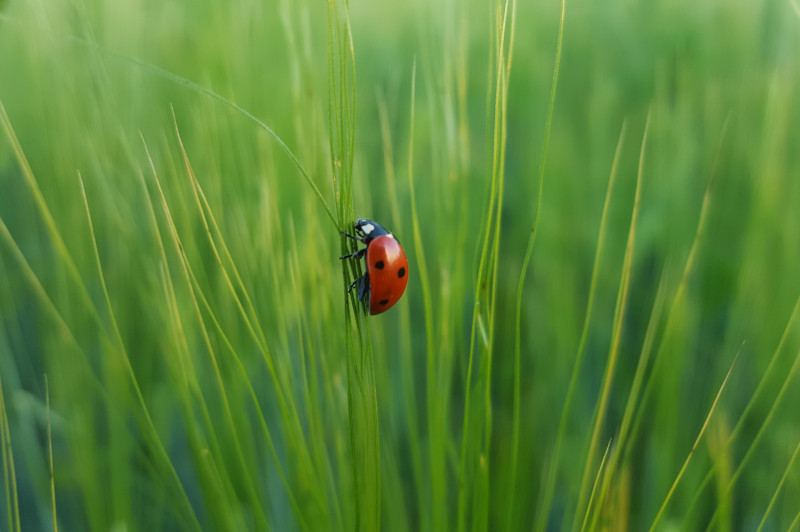
Beneficial insects are nature’s finest troops in the fight against pests. Ladybugs, lacewings, and parasitic wasps are just a few examples of the predatory and parasitic insects that form the front line of defense against pest insects.
Surprisingly, they are able to do this without using chemical pesticides, which go against the very foundation of organic farming.
They help control populations of harmful insects by eating voraciously on aphids, caterpillars, and whiteflies, to name a few. As a result, they help keep crops healthy and productive by reducing the harm done by pests and diseases.
In order to keep these helpful insects around, many organic farmers take preventative steps.
Insectary plants, which include a wide variety of flora, are one such technique because they provide year-round food and shelter for beneficial insects. The “good” bugs’ populations are boosted and kept within the farm’s borders thanks to the presence of these plants, which also provide food and shelter.
Stewards of Soil
Beneficial insects are an essential part of organic farming because they work tirelessly below ground to keep the soil healthy. Soil organisms like earthworms, ground beetles, and ants all play important roles in the health of the soil by aerating it and decomposing organic materials.
Due to their special skills, these underground heroes are a vital resource for organic farmers.
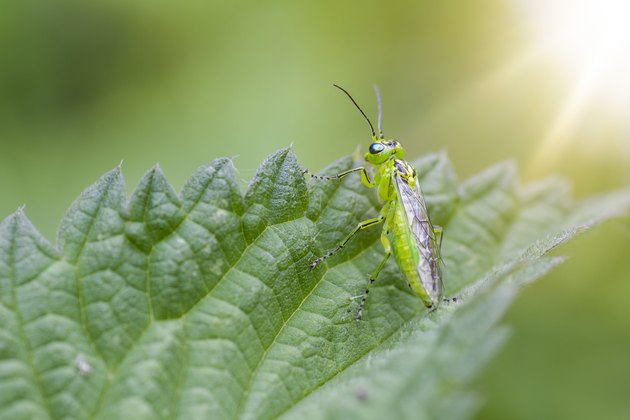
Numerous insects and microorganisms that are favorable to plant growth thrive in soils that are healthy. Organic farmers are aware of the importance of maintaining a healthy subterranean ecology, therefore they employ techniques like composting, cover cropping, and minimal tilling.
Biodiversity Enhancers
The biodiversity found on organic farms is unparalleled. These farms avoid using synthetic pesticides and herbicides, making the environment safe for beneficial insects.
This incredible variety of insects is crucial in building pest-, disease-, and climate-resistant habitats.
The insect population on an organic farm is a veritable treasury of variety. Each species, from pollinators to carnivores, is essential to the ecosystem’s balance and resilience.
However, their influence extends well beyond that. These busy insect colonies are also crucial to the survival of animals further up the food chain.
Organic farming practices attract a greater diversity of insects, which is beneficial to birds, bats, and small animals. These flying and crawling critters can only survive thanks to the abundance of insects they consume.
Because of this mutually beneficial relationship, insects and the animals that rely on them thrive in organic farms.
Organic farms help save innumerable species that would otherwise be lost if conventional farming methods were widely used instead.
Despite ongoing worldwide threats including habitat loss and climate-induced ecosystem alterations, organic farming offers a ray of hope for the future of biodiversity conservation.
Insect-Friendly Agriculture
A healthy ecology that supports beneficial insects is essential to the success of any organic farm. It’s not enough to simply remove potential sources of harm; you also need to take steps to create conditions favorable to these little workers.
As a result, many farmers and gardeners use a wide variety of methods to strike this balance, making their land a haven for beneficial insects and an example of sustainable farming.
Varieties of Plants
When you plant a wide variety of crops, you increase the diversity of your insect population and strengthen the ecosystem of your farm.
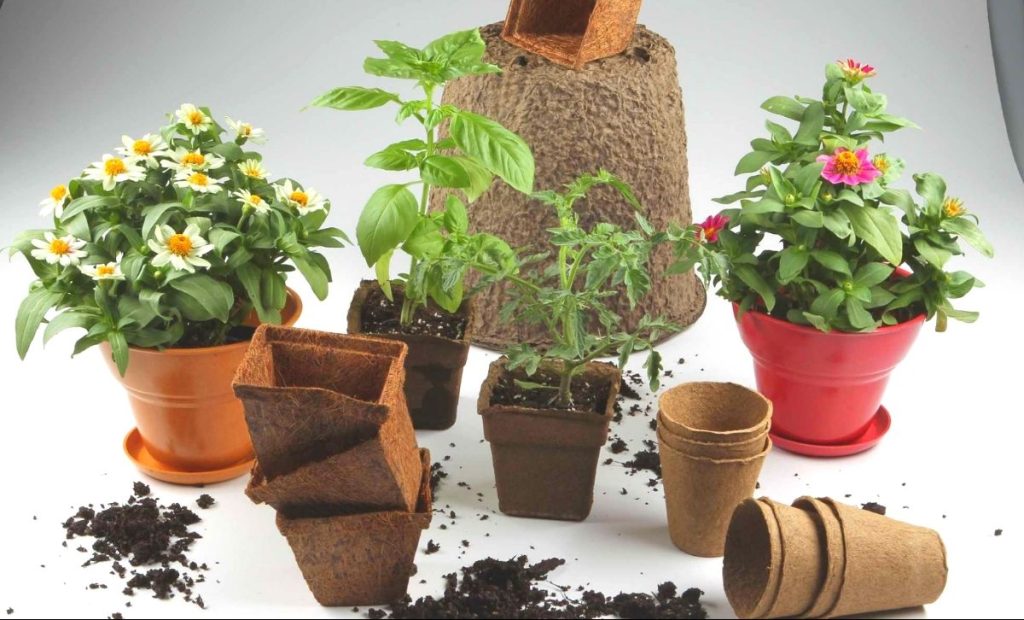
Farmers can assure a steady supply of nectar and pollen for pollinators and other beneficial insects by rotating crops and using intercropping techniques.
This varied topography also serves as a safe haven and breeding environment for these vital farm animals.
Building Habitats
The creation of insect havens like hedgerows, wildflower strips, and beetle banks is essential. These elements not only improve the farm’s aesthetic value, but also provide passageways and potential nesting locations for a wide variety of insect species.
Farmers may encourage a diversity of good bugs that are good for the farm as a whole by providing a variety of habitats.
Biological Conservationist Methods
In order to control pest populations, it is sometimes helpful to bring in or keep predatory or parasitic insects.
Farmers may keep possible infestations under control with less chemical intervention if they work with nature rather than against it.
Not Using Dangerous Pesticides
The health of beneficial insects and the environment as a whole can be protected when non-toxic pest management approaches are used.
Organic farmers can efficiently manage pests without endangering their insect allies or the surrounding ecosystem by employing solutions like bug traps, barriers, and biological controls like releasing beneficial insects into the environment.
Concluding Remarks
Organic farming isn’t just a passing fad; it’s a long-term investment in the health of our planet and all its inhabitants, from the largest to the smallest. With their help, we can build a sustainable food system and a healthier planet through the adoption of organic farming practices.
It would be impossible to overestimate the importance of beneficial insects, which pollinate our crops, keep pest populations down, and keep our soils thriving.
However, encouraging a robust population of beneficial insects calls for a multifaceted strategy that takes into account a wide range of factors, such as plant diversity, habitat construction, and eco-friendly pest control.
Organic farmers, by carefully adopting these methods, may produce a sustainable, productive, and healthy agricultural environment in harmony with nature.
FAQs
Why use insects rather than chemical pesticides?
The use of insecticides without proper precautions can have serious repercussions. One of them is the decline of garden biodiversity, which has been shown to have an important role in protecting plant life.
By encouraging a wide variety of insect species, you may ensure that both beneficial and harmful species thrive in your garden. These beneficial creatures serve as natural pest management, doing away with the need for harmful chemicals.
In addition, they aid in pollination and improve the quality of your soil, both of which increase the robustness and efficiency of your garden.
How can I get those good bugs to come to me?
The first step in attracting and keeping helpful insects is to grow a wide variety of plants. Plant a wide range of flowers so that there is always a source of nectar and pollen available.
At the same time, native plants attract local insect species that are better adapted to your location, so be sure to use them in your garden. Mulch beds, hedgerows, and rock heaps are all examples of manmade habitats that can provide safety and nesting spots for these small buddies.
Not all bugs should be considered the enemy. The easiest way to choose which beneficial insects are right for your gardening needs is to become familiar with the many varieties and their life cycles.
How many different kinds of helpful insects are there?
Pollinators, predators, and parasites are the three primary categories of beneficial insects, and each plays an important part in preserving a balanced ecology in a garden or farm. Each variety contributes something special to your garden and helps maintain a healthy ecosystem in which you can grow more food and use fewer pesticides.
Your garden or farm can flourish with the help of many different kinds of beneficial insects if you take the time to learn about them and encourage their presence.
